Karl had always imagined that he would spend his career in academia, as had many who know him. However, after becoming disenchanted with the whole university environment halfway through his Master’s degree, he sought a role outside academia and joined Dyalog Ltd. Although he’s only been here for a few months, he feels that he has already settled in well.
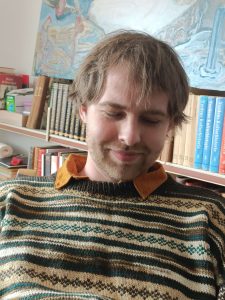 Karl was one of the few computer science students who actually enjoyed the courses on project management; he was also part of an even smaller minority who enjoyed writing mathematical proofs! He not only brings his mathematics and coding abilities with him, but also a fresh energy to the team.
Karl was one of the few computer science students who actually enjoyed the courses on project management; he was also part of an even smaller minority who enjoyed writing mathematical proofs! He not only brings his mathematics and coding abilities with him, but also a fresh energy to the team.
Karl is a perfectionist, and often spends countless hours contemplating the right way to pick up a cup and otherwise trivial daily activities. This fits perfectly with how he has been mentored by our CTO, Morten, as every time he has shown Morten what he found to be a specifically beautiful APL expression, Morten has shown him five different ways to do the same thing, each of which is even prettier and has its own strength!
Even though the majority of Karl’s education has been in the natural sciences, he also enjoys many facets of the “softer” ones. He has a broad range of interests, and always enjoys hearing about what other people are working on – everything from quantum physics to anthropological studies contemplating the queerness of algae. His favorite read in 2023 was “Invisible Women“, a book disclosing the big data gaps within political minorities, especially women’s experiences in a world designed for men.
Karl is just as happy being an interested listener to a conversation as he is being the main speaker. He keeps a long list of projects he would love to work on if he someday had the time; for now, he spends his spare time playing board games, solving fun puzzles, staring at bodies of water, and hanging out with his friends and many siblings.
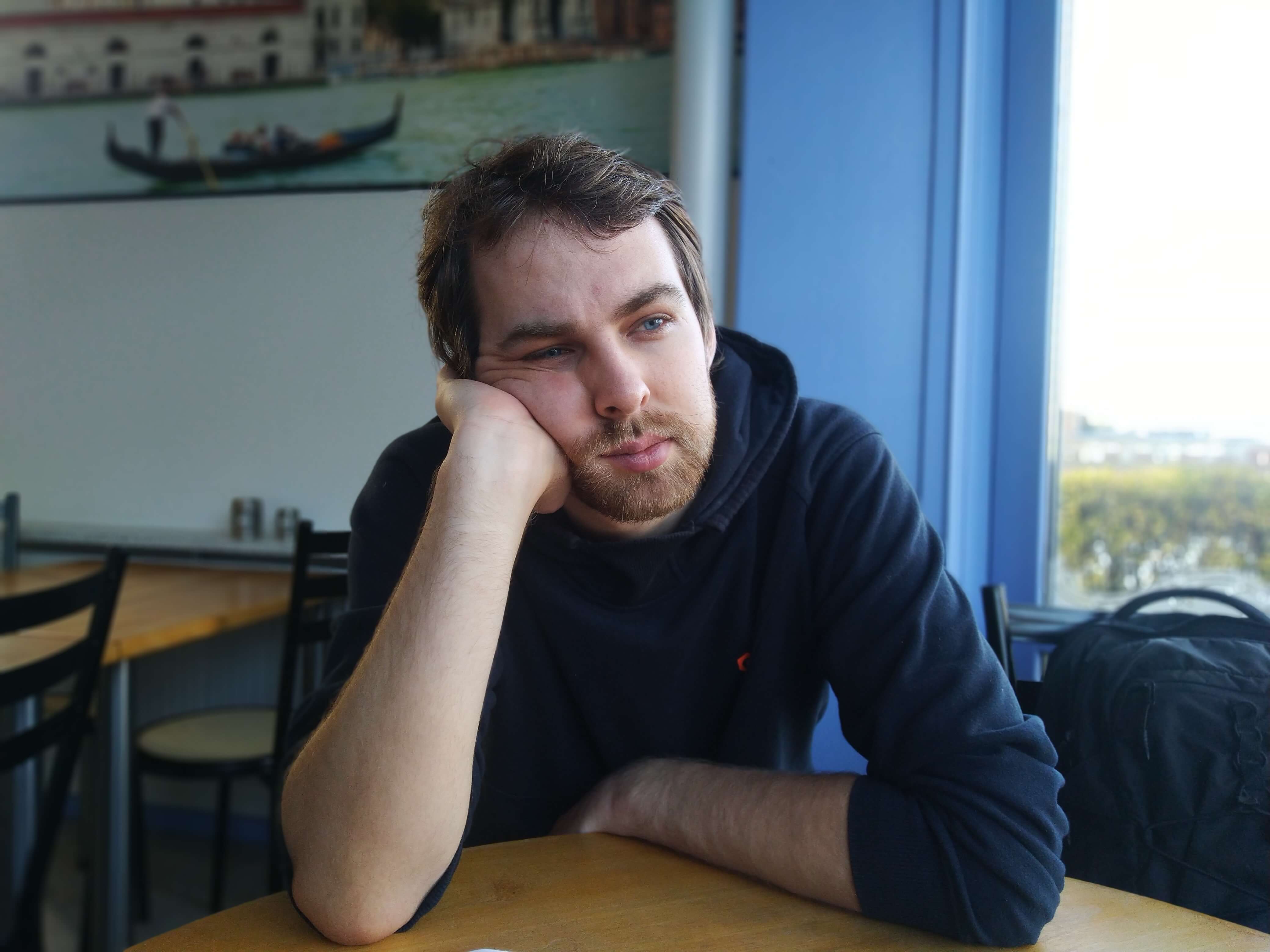


 Follow
Follow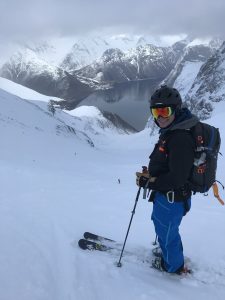
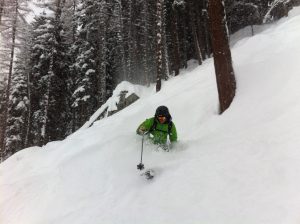
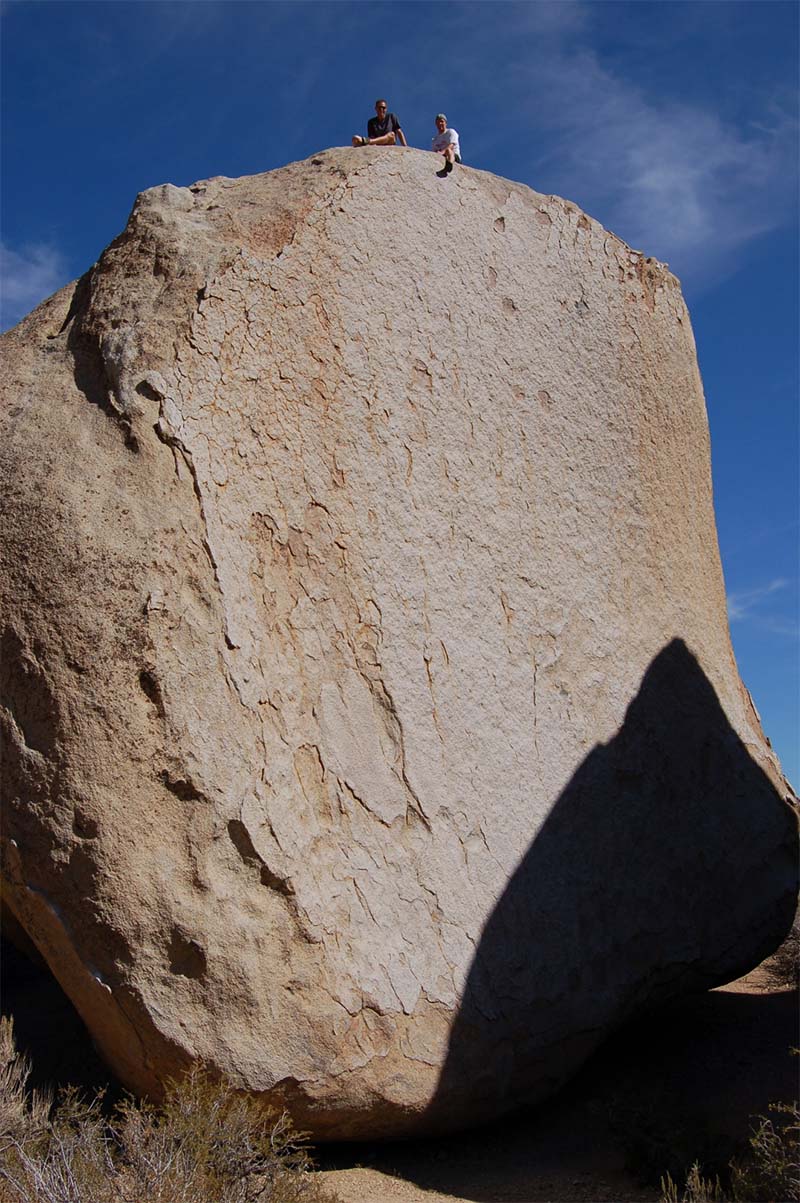
 Jada also enjoys her life outside work. “I like to read (fiction and Japanese manga), love going for long walks and the occasional run in the woods, and canoeing the Thames with Rich. I always enjoy a good night out as well – gigs, bars, and dancefloors call my name! My latest hobby has been learning to play bass guitar. I’ve got no immediate plans to sell out Wembley, but it’s fulfilling to set my sights on a piece, learn it bar by bar, and gradually improve and gain muscle memory. It can be frustrating at times, but practising is so much fun. My rhythm has improved a lot too.”
Jada also enjoys her life outside work. “I like to read (fiction and Japanese manga), love going for long walks and the occasional run in the woods, and canoeing the Thames with Rich. I always enjoy a good night out as well – gigs, bars, and dancefloors call my name! My latest hobby has been learning to play bass guitar. I’ve got no immediate plans to sell out Wembley, but it’s fulfilling to set my sights on a piece, learn it bar by bar, and gradually improve and gain muscle memory. It can be frustrating at times, but practising is so much fun. My rhythm has improved a lot too.”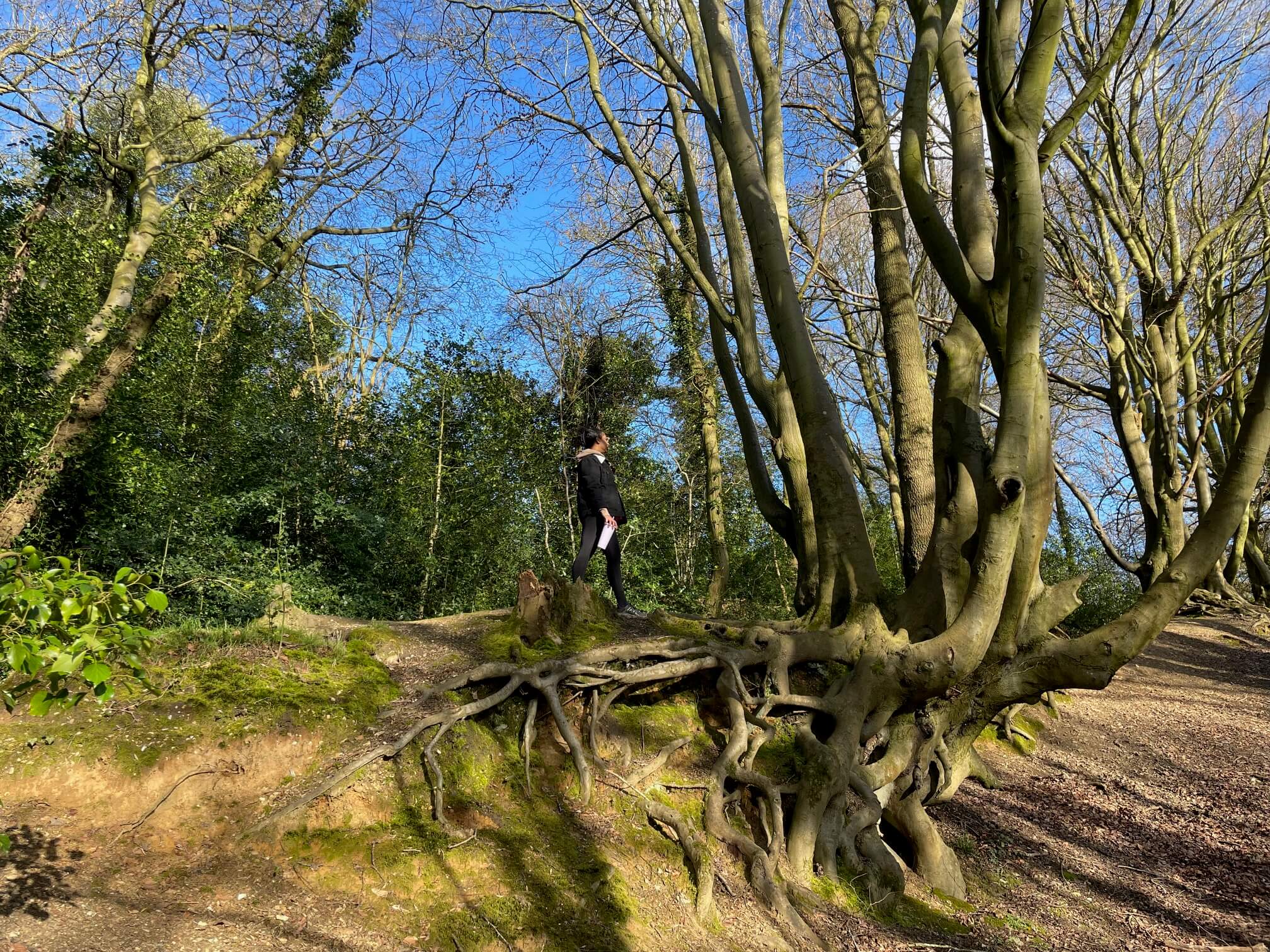
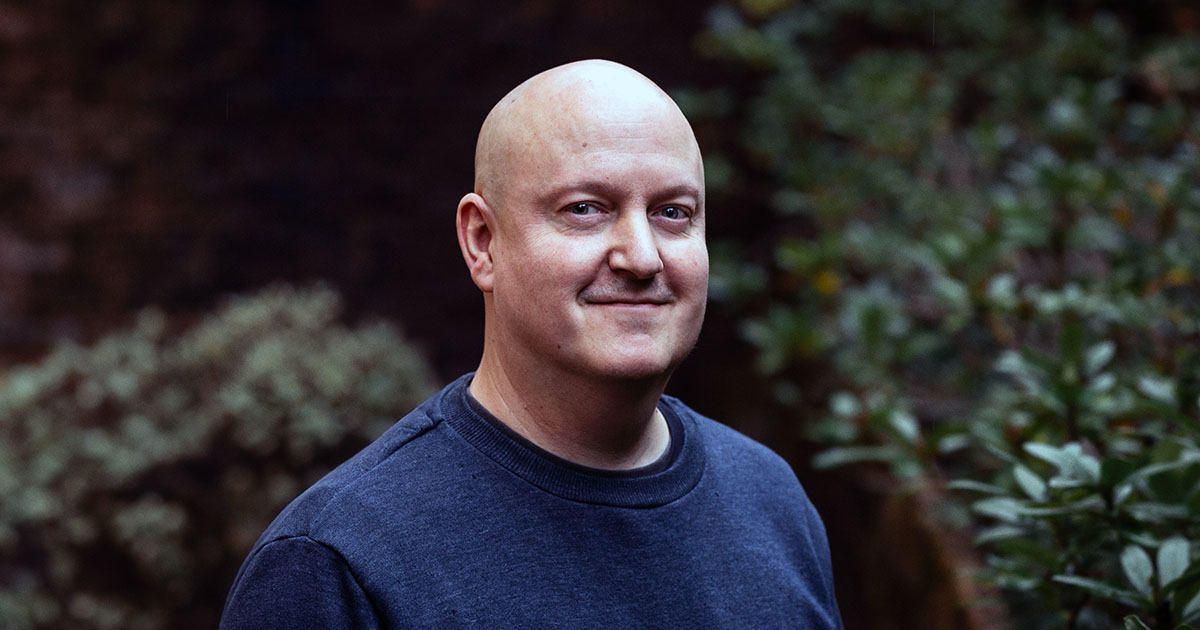
 After graduating from the University of Portsmouth with a bachelor’s degree in software engineering, Abs started investigating IT roles. He wanted something that provided a challenge, working for a team that was passionate about what they do, and in which he could contribute to that effort through the software and IT abilities that he has accumulated; with Dyalog Ltd he found it! Abs was hurled into the world of APL, which was very different to the Python that he was used to. Although his role doesn’t involve much APL, he appreciates how compact APL solutions can be when wielded correctly. Armed with a fresh perspective and a helpful attitude, he joins our IT department hoping to maintain and improve the current IT infrastructure and provide technical solutions to anyone that needs it.
After graduating from the University of Portsmouth with a bachelor’s degree in software engineering, Abs started investigating IT roles. He wanted something that provided a challenge, working for a team that was passionate about what they do, and in which he could contribute to that effort through the software and IT abilities that he has accumulated; with Dyalog Ltd he found it! Abs was hurled into the world of APL, which was very different to the Python that he was used to. Although his role doesn’t involve much APL, he appreciates how compact APL solutions can be when wielded correctly. Armed with a fresh perspective and a helpful attitude, he joins our IT department hoping to maintain and improve the current IT infrastructure and provide technical solutions to anyone that needs it.

